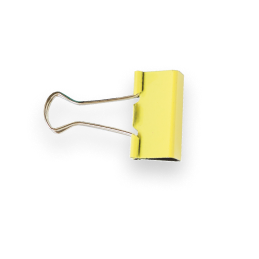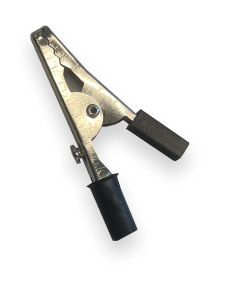Rote learning is not enough for an AI-driven world
What you can do with what you know is way more critical.
Education needs to build thinking and learning skills
Intentional. Measurable. Right from Kindergarten!

Hands-on learning. A proven way to build skills!
Hands-on

Minds-on

Research by Stanford University shows that when students engage physically with learning materials, their cognitive processes are activated, leading to better understanding and retention.


Hands-on

More Joy

Children engaging in playful, hands-on explorations - such as building, experimenting, and problem-solving - felt a greater connection to learning, which fueled both their intellectual growth and emotional satisfaction.


Hands-on

Deeper Learning

David Kolb’s widely recognized theory argues that deeper learning occurs when learners engage in a cycle of experience, reflection, conceptualization, and experimentation.


Hands-on

Serious Skills

This study highlights that hands-on, experiential learning environments are key to fostering 21st Century Skills.


Hands-on

More Human

Hands-on learning in science classes enhances students' emotional intelligence and social skills. By actively participating in experiments, students develop self-awareness, empathy, and collaboration skills, which are vital for personal growth.


Hands-on

Academic outcomes

Hands-on learning leads to better academic outcomes - "...the students who went through active learning, building the water purification device with their own hands, saw much higher test scores and improvement rates in related academics than the lecture-format group."



”I hear, I forget. I see, I remember. I do, I understand.”
Confucius
Experiential Learning - A rapidly growing movement...



International Baccalaureate (IB) seeks to integrate hands-on inquiry based learning in Science right from the Primary Years program

IB emphasizes building Science Skills including Observation, Data Measurement, Problem Identification, Hypotheses Generation, Systematic Experimentation, Data Interpretation, Modeling, and Scientific Communication.






